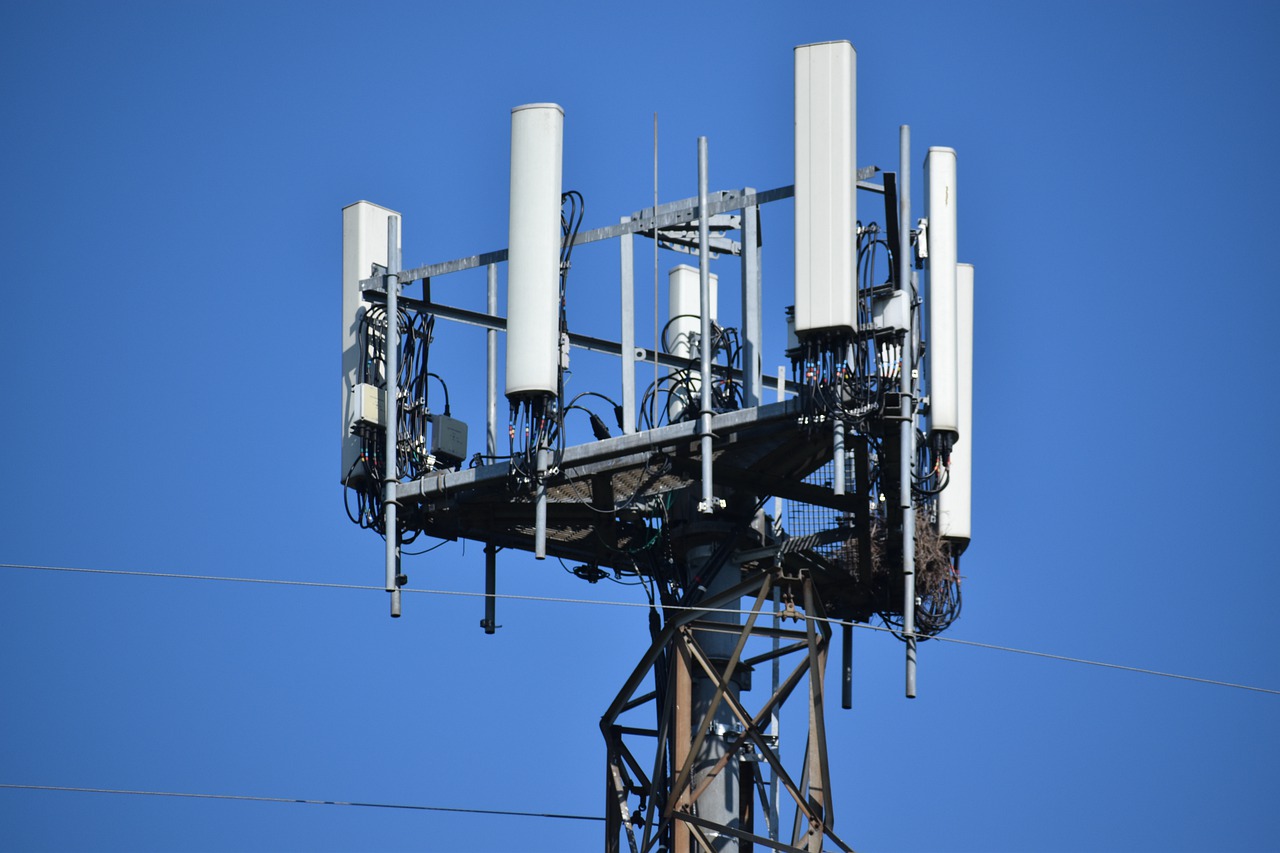
An official report has indicated that Huawei failed to adequately address security flaws in telecoms equipment used in the UK despite previous complaints.
The report, created by an oversight board chaired by a member of the Government Communications Headquarters (GCHQ), said Huawei had made no significant steps in addressing the UK telecoms security flaws.
In the report, the intelligence and security organization pointed out that while some improvements had been made, the oversight board does not believe these were sustainable.
The group concluded that there is "limited assurance that all risks to UK national security" could be lessened in the long-term.
Security concerns in Huawei equipment
The UK has been using Huawei equipment for around 15 years and since 2010, a special Huawei Cyber Security Evaluation Centre (HCSEC) has been tasked with checking its telecoms infrastructure products.
The HCSEC's work is then examined by an oversight board that reports to the National Security Advisor yearly. Last year, the report raised issues regarding the standard of Huawei's equipment and software.
In its latest assessment, the board found no significant change regarding these issues.
While Huawei has expressed its commitment in 2018 to invest $2 billion in five years to make improvements to its software engineering processes.
According to the new report, Huawei has yet to demonstrate that it can complete the initiative on time, and that "unless a detailed and satisfactory plan has been provided, it is not possible to offer any degree of confidence that the identified problems can be addressed by Huawei".
Among the issues highlighted in the report were "poor coding practices" and that there was a "range of evidence" that its own employees were not following Huawei's guidelines.
In response to the report, Huawei argued that it is still in the early stages of the plan and real improvements will only be evident in future reports.
Huawei ban in UK 5G network
In July, the UK government decided to ban Chinese tech giant Huawei from its 5G network, doing a turnabout on its January decision to grant it a limited role.
The government changed its policy and announced the ban on Huawei from its 5G network. It instructed operators, including BT and Vodafone, to remove existing Huawei equipment from their 5G networks until 2027.
Digital and Culture Minister Oliver Dowden explained that the new US sanctions imposed on the company in May had “significantly changed” the landscape.
Dowden said: "Given the uncertainty this creates around Huawei’s supply chain, the UK can no longer be confident it will be able to guarantee the security of future Huawei 5G equipment."
The UK’s decision to ban Huawei may be considered a big win for the US, particularly President Donald Trump’s administration, as it has been pushing allies to exclude Huawei from their 5G networks.
According to Defence Secretary Ben Wallace, the US sanctions, which will come into effect in September, had specifically been designed to force the UK to reconsider Huawei.
Wallace explained: "It is a better set of sanctions than the earlier set, and it’s specifically clearly designed in a smarter way to put countries that have high-risk vendors – specifically Huawei – under greater pressure."






